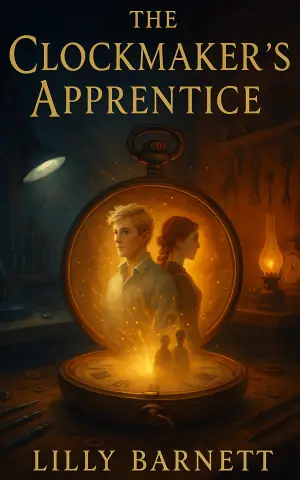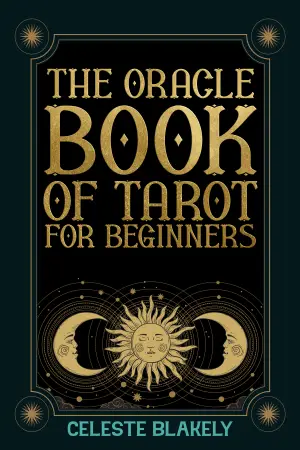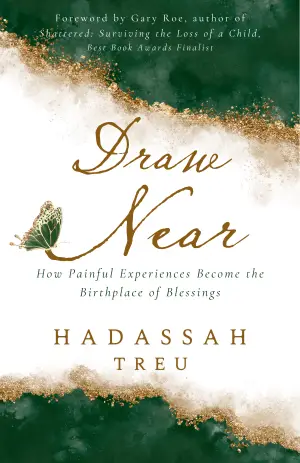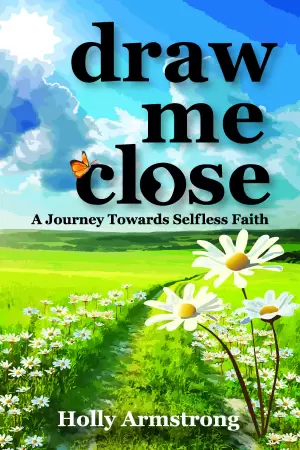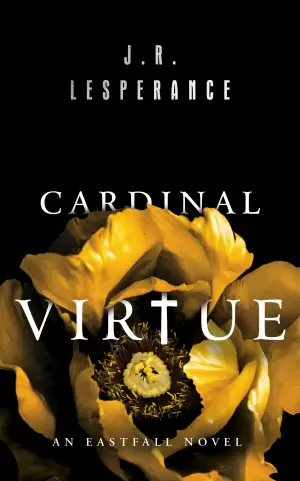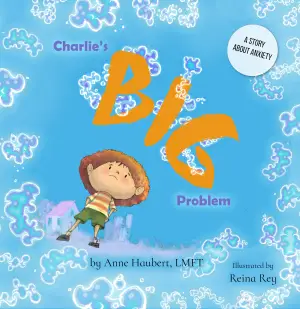A Reflection on Ruth: A Social Novel by Elizabeth Cleghorn Gaskell
From the moment I stumbled upon Elizabeth Cleghorn Gaskell’s "Ruth," I felt an undeniable pull—perhaps it was the allure of Victorian England or the promise of a story deeply rooted in societal critiques. Gaskell, a formidable voice of her time, captivated me with her ability to push against the societal norms of the 19th century, and "Ruth" presents a poignant instance of her literary prowess.
Exploring Themes of Redemption and Resilience
At the heart of "Ruth" is the compelling journey of Ruth Hilton, a young orphaned seamstress whose life spirals after she is seduced and abandoned by a wealthy man. Gaskell doesn’t shy away from the harsh realities of life; instead, she intricately weaves a narrative that explores the stigmas attached to motherhood out of wedlock. As Ruth faces ostracism and judgment, we witness her resilience—a trait that resonates profoundly with anyone who’s ever felt marginalized. The kindness of a local minister and his sister offers a glimpse of hope amidst the storm, showcasing the potential for human compassion amidst societal cruelty.
Gaskell artfully challenges readers to confront their own prejudices. The characters are painted with such depth that I found myself grappling with empathy for Ruth, realizing how swiftly societal labels can strip away the layers of a person’s identity. Gaskell’s exploration of redemption—how one can rebuild and redefine oneself against the odds—left me reflecting on my own perceptions and the societal constructs that shape them.
Gaskell’s Evocative Prose
The prose in "Ruth" is lush and evocative, a hallmark of Gaskell’s storytelling. She moves seamlessly between the emotional and the ordinary, grounding her characters in a reality that feels quintessentially British. The pacing is deliberate, allowing readers to savor the nuanced character development while simultaneously building tension around societal acceptance. One particular passage that struck me captures Ruth’s inner turmoil, reminding me of the weight of expectations we often carry: "Life is the simplest of things, yet we encumber it with the labyrinth of our judgments."
This quote encapsulates the essence of the novel—a meditation on how life unfolds in beautifully complex ways, often beyond our control. Gaskell’s ability to articulate such profound truths is what keeps her work relevant even today.
Who Should Read It?
"Ruth" is a treasure for those who cherish literature that dives into the human condition with honesty and empathy. If you enjoy novels that explore themes of love, morality, and the struggle for personal redemption in a richly historical context, Gaskell’s work is a must-read. It not only addresses issues pertinent to the Victorian era but also speaks to ongoing conversations about acceptance and judgment in today’s society.
In conclusion, my journey through "Ruth" has been a deeply reflective experience. Elizabeth Cleghorn Gaskell has crafted a narrative that challenges societal norms and encourages readers to embrace compassion and understanding—an invitation that feels timeless. As I closed the book, I found that not only had I traveled through 19th-century England, but I also carried away a renewed sense of empathy for those who dare to defy the rigid constructs of society. If you’re in search of a classic that stirs the soul and provokes thought, "Ruth" may just be your next favorite read.
You can find Ruth: A Social Novel from a Classic of British Literature here >>


